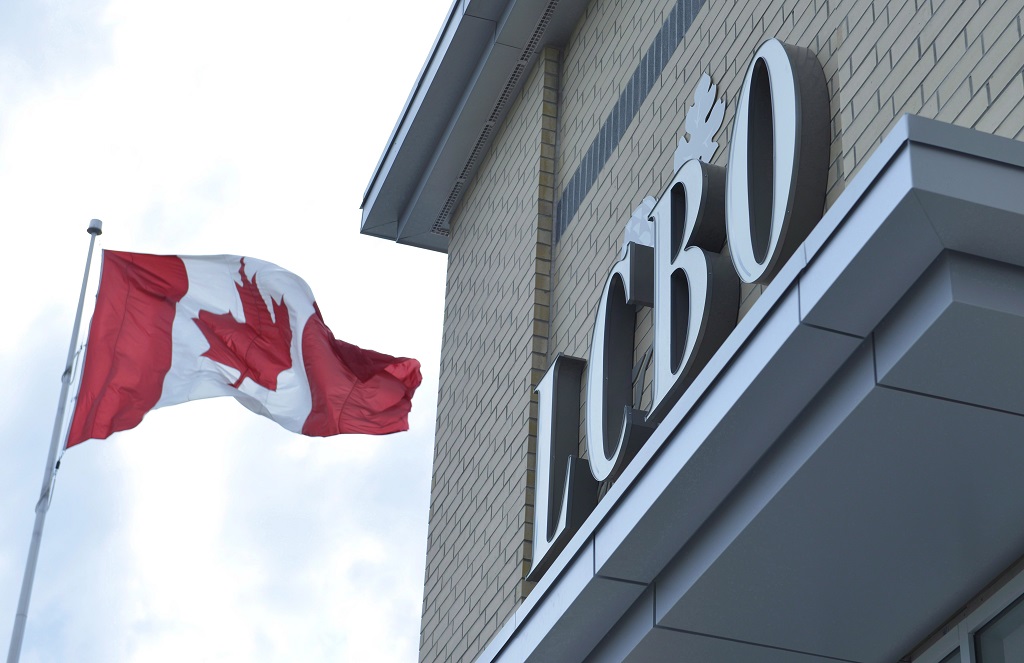2024 LCBO net income set to drop due to strike, wages, lower consumption: Ontario government

Posted Oct 30, 2024 01:05:54 PM.
Last Updated Oct 30, 2024 05:42:26 PM.
With major changes underway for how Ontario residents can buy alcohol, provincial government officials say they’re expected to see a short-term drop in net income due to a strike by, and subsequent wage increases given to, LCBO workers earlier in 2024 along with lower consumption by residents.
According to the 2024 Ontario fall economic statement tabled at Queen’s Park Wednesday afternoon, the LCBO is forecast to make nearly $2.17 billion – down from $2.45 billion.
Officials said a two-and-a-half-week strike by unionized LCBO workers cost the Ontario government $102 million in lost revenue, $86 million in wage increases along with lost revenue due to declining consumption, and $99 million to expand retail operations.
Earlier in 2024, the Ford government moved to allow beer, cider, wine and certain other ready-to-drink beverages to be sold at up to 8,500 convenience stores, gas stations and grocery stores.
The provincial government is also expected to see lower revenues in the 2025 fiscal year related to retail expansion and wages, but funds are expected to increase beginning in 2026 as a contract with The Beer Store lapses.
The Ontario government will be providing up to $225 million to The Beer Store to assist with transitional costs and to support keeping facilities open to process bottle returns and recycling.
Currently, the LCBO has a 51.2 per cent share of Ontario’s alcohol market (by volume in litres) while The Beer Store has 41.1 per cent and independent producers have 7.7 per cent.
As of 2026, the LCBO will supply 77.1 per cent while The Beer Store drops to 15 per cent and other producers see a 0.2-per-cent increase.
By the 2026-2027 fiscal year, the government forecasts the LCBO will see a jump of more than $400 million compared to the year before.
Officials said as the LCBO becomes a larger wholesaler of alcohol, there will be a review of the taxes collected “with the aim of creating a more competitive marketplace” and to better promote Ontario-made products.
Bethlenfalvy touted the changes as being good for consumers, offering them more choice.
“In the numbers that I put forward today, the share for the LCBO and the alcohol system will now expand because of the agreements that we signed, so I think this is really positive for not just the workers at the LCBO, the LCBO itself, but as I said it’s good for small business and convenience stores,” he said.
Meanwhile, Ontario Liberal Party leader Bonnie Crombie said the focus and the spending on an expansion of alcohol should be redirected elsewhere by the Ford government.
“These are shiny distractions from the issues that matter to real Ontarians,” she said.








